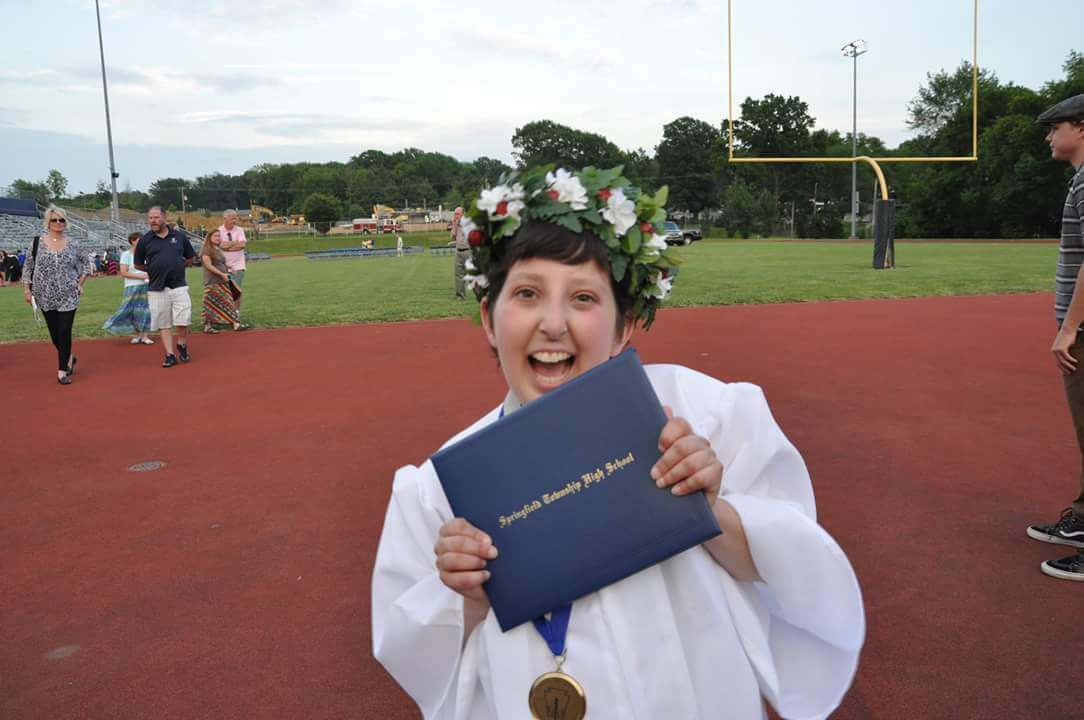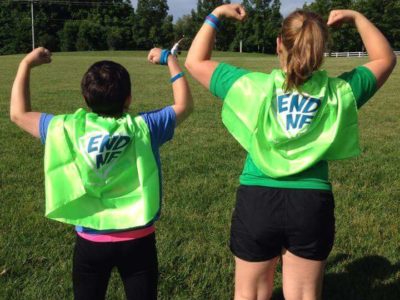If you clicked on this article hoping for something inspirational, you should exit out right now. This piece wasn’t meant to inspire. First, I haven’t really done anything “inspiring,” unless you count surviving high school as fitting into that category. And second, considering anyone with any type of illness or disability (physical, mental or developmental) as incredible or moving for doing “normal” things (like going to college) counts as inspiration porn, an infuriating act of objectification. This piece was meant to talk about my experience at college as a student with a genetic disorder.
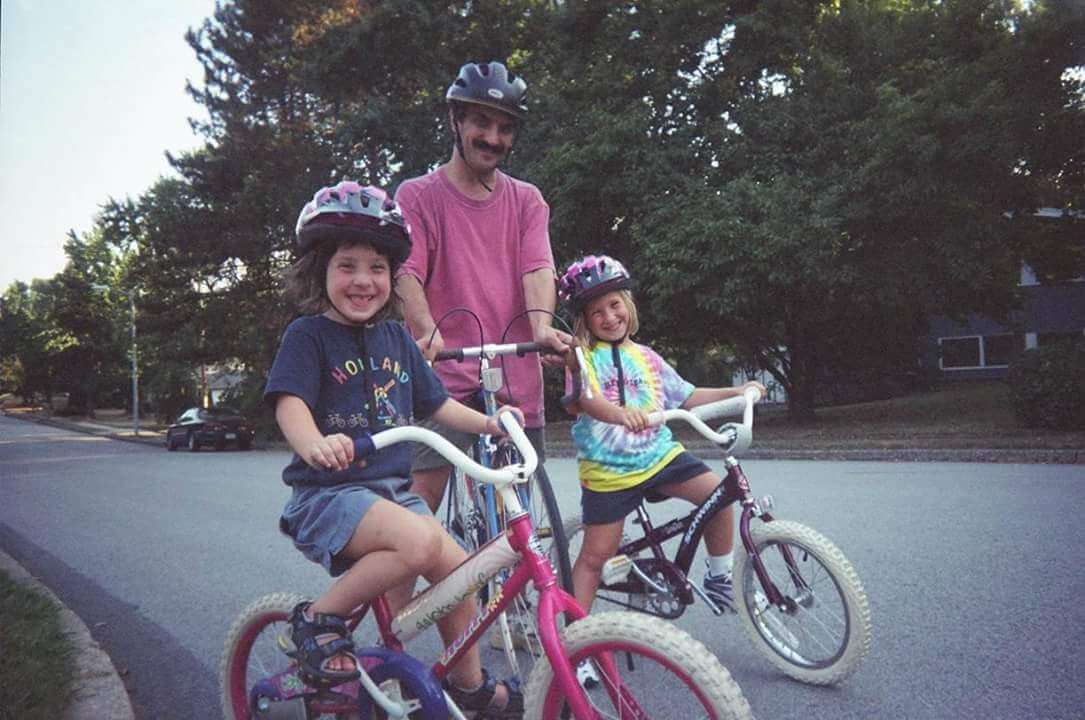
At six months old, I was diagnosed with a genetic disorder called Neurofibromatosis (NF) type 1 – a condition that, in the simplest of terms, can cause tumors to grow anywhere on or in the body (among other issues). NF is an autosomal dominant genetic disorder. This means that if one parent has it, each of their children has a 50 percent chance of inheriting it. My dad had the disorder and passed it on to me, while my older sister does not have NF.
With NF, while a child will always have the same type as a parent or grandparent with the disorder, doctors cannot predict the severity or specific symptoms from familial medical history. While my dad was relatively unaffected until he developed a tumor which unfortunately took his life, by the age of two-and-a-half I had developed a benign but serious brain tumor. It threatened my vision, functioning, and at some key moments, my life.
I won’t go into too much detail. After all, I don’t want this to be one of those articles. But you’ll need the following details. I was in and out of chemotherapy treatment for about eight years, and have been stable (as in, my tumors haven’t grown) for about the same amount of time. But, even though I’m “healthy,” I still must deal with the physical effects and learning disabilities that often accompany NF.
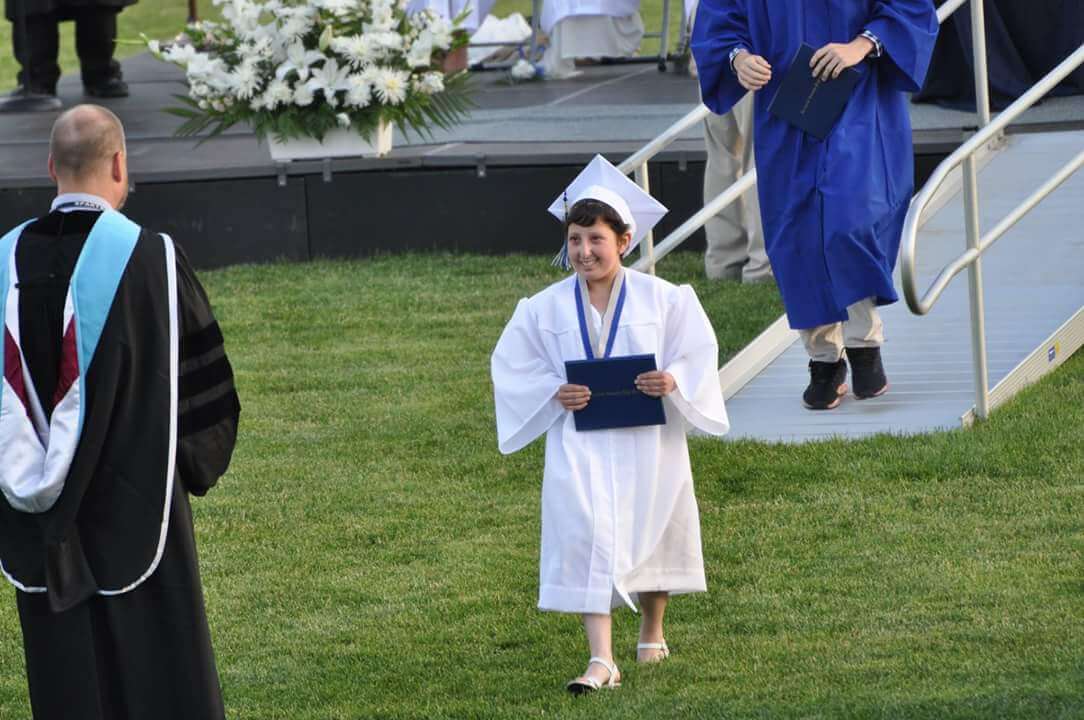
In some ways, college has made all this easier. College has serve as a chance to sort of “start anew.” For one, my genetic disorder isn’t something that necessarily “defines” me anymore. I went to a small high school where everyone knew everyone. That was good in a lot of ways. But that also meant the labels others gave you were the ones that stuck. Now, people don’t know me as “that girl with the weird health thing.” Instead, they know me as “Lily from Hillel,” “Lily that girl who writes a lot” or even “that weird short girl who plays trombone for Pep Band.”
But even if I do bring “the weird health thing” up now, people ask about it with a respectful curiosity. That was relatively absent in high school, along with the lack of maturity. And on that note, people respond much more kindly when it comes to accommodations.
For instance, in college, no one calls you “lucky” for being allowed to use a laptop in a no-tech classroom. I’ve been fortunate to have an excellent disability support program that works hard to accommodate for my needs and professors who are polite and understanding about where I may struggle or need extra help. I really appreciate how accepting everyone has been so far.
But of course, it hasn’t been all sunshine and rainbows. A lot of things still have been very challenging. In high school, all my friends knew me and my health issues well. I could talk to them, in broad strokes, about different issues and appointments and they would get it (to some degree). Coming to college, I had to build up a new group of friends. I had to teach them my medical history, the vocabulary and all the things I struggle with and need to look out for. And while people are more polite when it comes to asking about it, I still get a lot of weird looks because of my height or appearance.
As for academics, my classes have gotten more challenging, meaning I struggle more. I’m lucky that my mom always forced me to speak up at my 504 (accommodation) meetings in high school. But she was always there to support me. Now, when it comes to talking to professors, I go in on my own. And, unlike my high school teachers, who knew me well (or at least knew of me), my professors don’t really have a grasp of who I am or what I can do. That sometimes makes it more challenging to get the help I need.
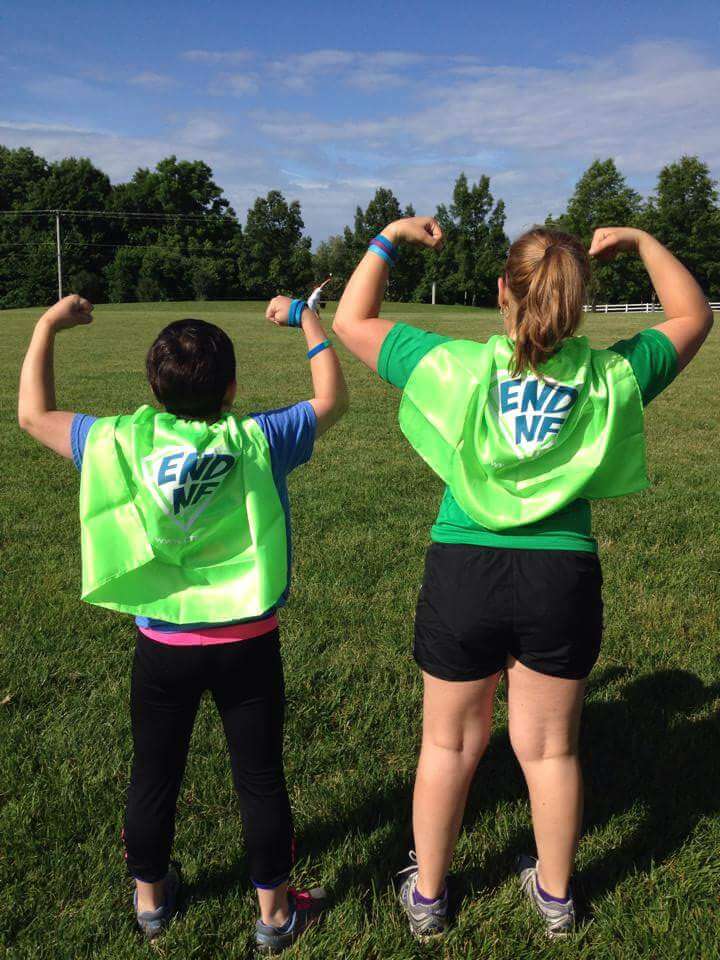
Through these challenges, my experience at college has made me more of an advocate for myself and for disabilities in general. Before, I was relatively open about my own issues, but now I feel like I’ve become much more outspoken and ready to fight against ableism and for equality. College has really allowed for me to reinvent myself. Now, I want people to view me as “Lily the disability advocate with a genetic disorder.” In fact, I hope to have a job as a science writer who deals with disability awareness and advocacy.
So I guess when I said this article wasn’t supposed to be inspiring, I lied a bit. I want this article to be inspiring. But I want it to inspire the fact that disabled people are people just like you. They are capable of the same things, even if they don’t go about them in the same fashion as you. No one should put them up on a pedestal just for existing.
I have a genetic disorder and I’m in college; the two are not mutually exclusive. I have learning disabilities and I’m gifted. Again, the two are not mutually exclusive. This article is not anything special because this isn’t anything special. Being a disabled college student is just being a college student.
